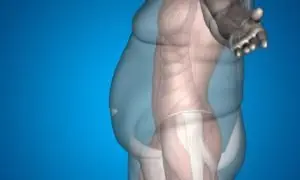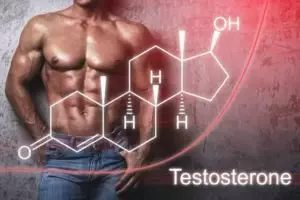Exercise is a crucial component of a healthy lifestyle, but what you do after a workout is just as important as the workout itself. Post-workout nutrition plays a pivotal role in replenishing energy stores, repairing muscles, and enhancing recovery. Whether you’re a fitness enthusiast, an athlete, or someone committed to staying in shape, understanding the significance of post-exercise nutrition can significantly impact your fitness goals.
The Window of Opportunity
The period immediately following a workout is commonly referred to as the “anabolic window” or “metabolic window.” This timeframe, typically within 30 minutes to an hour post-exercise, is when your body is most receptive to nutrients. During this window, your muscles are primed to absorb nutrients efficiently, aiding in muscle repair and growth. Maximizing this window is key to optimizing recovery and adaptation to training.
Key Components of Post-Workout Nutrition
- Protein: Consuming protein after a workout is crucial for muscle repair and growth. Protein provides the necessary amino acids that help rebuild damaged muscle fibers. Aim for high-quality protein sources like lean meats, poultry, fish, eggs, dairy, or plant-based options such as legumes, tofu, or protein supplements.
- Carbohydrates: Replenishing glycogen stores, which are depleted during exercise, is vital for restoring energy levels. Carbohydrates help in this process and aid in faster recovery. Opt for complex carbohydrates like whole grains, fruits, and vegetables, as they provide sustained energy without causing rapid spikes in blood sugar levels.
- Hydration: Exercise leads to fluid loss through sweat, and proper hydration is essential for optimal bodily functions. Rehydrate by drinking water or electrolyte-containing beverages to replace lost fluids and minerals.
- Healthy Fats: While the emphasis is often on protein and carbohydrates, healthy fats also play a role in post-workout nutrition. They aid in nutrient absorption and provide a source of long-term energy. Include sources like avocados, nuts, seeds, and olive oil in your post-exercise meals.
Timing and Composition
The timing of your post-workout meal or snack matters. Aim to consume a balanced meal containing protein, carbohydrates, and fats within 30 minutes to an hour after your workout. If solid food isn’t immediately feasible, a protein shake or a snack combining protein and carbohydrates can be an effective option.
The ideal ratio of macronutrients can vary based on individual goals, body composition, and the intensity of the workout. Generally, a ratio of 3:1 or 4:1 carbohydrates to protein is recommended for optimal recovery.
Personalization and Adaptation
Post-workout nutrition isn’t a one-size-fits-all approach. Factors such as body composition, workout intensity, duration, and individual goals influence nutritional needs. Experimenting with different foods, timings, and ratios can help you find what works best for your body and fitness objectives.
Conclusion
In summary, post-workout nutrition is a critical aspect of maximizing the benefits of exercise. Providing your body with the right nutrients at the right time helps in muscle repair, glycogen replenishment, and overall recovery. By paying attention to your post-exercise meals and snacks, you can significantly enhance your performance, reduce muscle soreness, and progress towards your fitness goals more effectively. Remember, what you eat after your workout can be just as important as the workout itself.
You have visited 0 post(s)



















